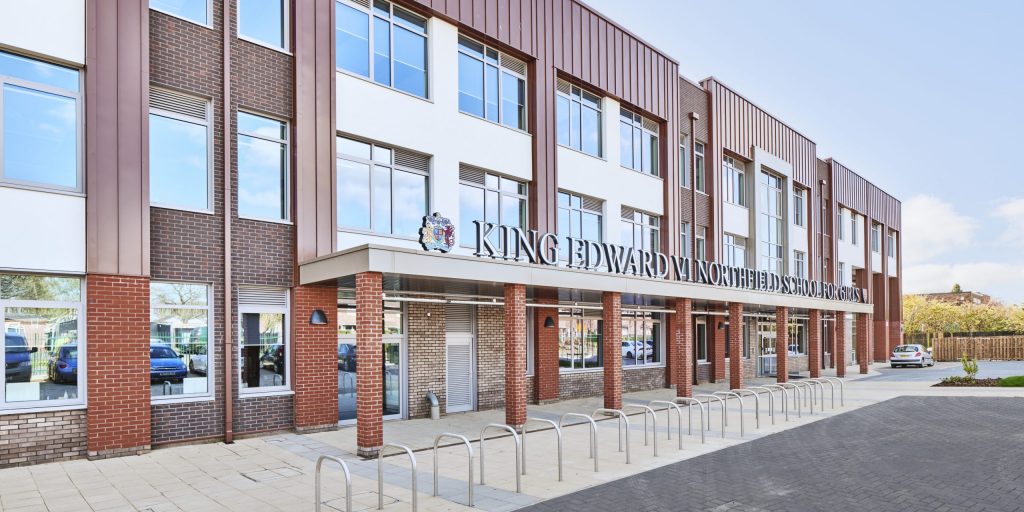As a school rooted in it’s local community, we believe that an excellent education is the right of the children who attend our school.
We believe the hallmarks of an excellent education are breadth of experience and depth of knowledge underpinned by moral and ethical standards.
A key strength of the curriculum is that all of our subjects taught by specialists. There is much supporting evidence that strong teacher subject knowledge results in high-quality curriculum planning. This ensures both the depth of coverage and an understanding of content sequencing. It often results a higher overall curriculum quality because of the impact on curriculum design and pupils’ knowledge, skills and understanding.
Here at King Edward VI Northfield School for Girls’ we believe that acquiring knowledge helps our pupils to remember new information, solve problems and improve their reasoning skills.
We know that our disadvantaged pupils on average come to us with less knowledge so providing a knowledge-rich curriculum helps to compensate for what their peers from more advantaged backgrounds have.
As well as this it is our intention that pupils leave us confident in their ability to learn and with a desire to do so when leaving us to take up further education or training.
The education our school provides is intended to produce the following outcomes:
- resilience (mental, physical and intellectual)
- excellent academic outcomes
- employability
- moral courage
- ambition
The curriculum is a framework we have designed is for:
- The setting out the aims of a programme of education, including the knowledge and understanding to be gained at each key stage (our intent).
- Translating that framework over time into a structure and narrative (implementation).
- Evaluating what knowledge and skills learners have gained against expectations (impact / achievement).

“The curriculum is broad and balanced, promoting a good range of different learning opportunities, trips and other activities outside the normal timetable.”
Ofsted
Key Stage 3 Curriculum structure:
Years 7, 8 and 9 – rigorous and curriculum compliant
The National Curriculum (2014) stipulates that every state-funded school must offer a KS3 curriculum which is balanced and broadly based and which: promotes the spiritual, moral, cultural, mental and physical development of pupils at the school and of society, and prepares pupils at the school for the opportunities, responsibilities and experiences of later life.
This has been aided by the commitment to a full timetable of lessons in the Humanities, the Arts and PSHE and limiting rotation to Design and Technology.
The National Curriculum is structured around twelve compulsory ‘core’ and ‘other foundation’ subjects. At King Edward VI Northfield School for Girls’ we have ensured that all pupils at KS3 study all twelve subjects as well as the compulsory Religious Education and Sex and Relationships aspects of the requirements. We have also made additions to the curriculum in order to ensure a breadth and depth to our provision.
| Core | Other Foundation | In addition to the National Curriculum |
|---|---|---|
| 1. English 2. Maths 3. Science | 4. Art and Design 5. Citizenship 6. Computer Science 7. Design and Technology 8. Modern Foreign Languages (French) 9. Geography 10. History 11. Music 12. Physical Education | 13. Religious Education 14. Drama is taught through English lessons. 15. PSHE and Careers (including sex and relationships) as a timetabled lesson. 16. Graphics is taught as an additional Design and Technology subject |
| Subject | Periods Per Fortnight |
|---|---|
| English and Drama | 8 |
| Mathematics | 8 |
| Sciences | 6 |
| French | 4 |
| Technology rotation: Electronics, Food Science, Graphics, Textiles | 4 |
| Geography | 3 |
| History | 3 |
| Physical Education | 4 |
| Art | 2 |
| Music | 2 |
| Computer Science | 2 |
| Personal, Social and Health Education | 2 |

Key Stage 4 Curriculum structure:
Years 10 and 11 – broad, challenging and modern
At the end of Year 9 pupils choose options and start their Two-year Key Stage 4 in Year 10.
We organise choices to ensure all pupils have access to the full range of subjects we offer whatever their ability and encourage pupils to be both aspirational and balanced in their choices.
| Core Subjects | Hours per Fortnight |
|---|---|
| English (Language and Lit) | 8 |
| Mathematics | 8 |
| Sciences (Double and Triple Award) | 9 (Double Award) |
| Personal, Social, Health and Religious Education | 2 |
| Physical Education | 3 |
| Option Subjects | Hours per Fortnight |
|---|---|
| Art & Design, Computer Science, Dance, Drama, Food Science, French, Geography, Graphics, Health and Social Care, History, iMedia, Music, Religious Education, Triple Science, Sport, Textiles | 5 |
Extra-curricular and enrichment opportunities
School is not just about the in-class experience. On top of the National Curriculum requirements we have a commitment to providing every pupil with stimulating and varied programme of activities outside of the classroom environment. Clubs include: Art, Textiles, Music, Fitness, Dance, Science, Table Tennis, Debating, French, Netball, Cricket, Trampolining and Singing.
School visits and enrichment events at KS3 remain an important element of the rich and varied diet of our curriculum offer that is why over the course of a NSG pupil’s school life they will experience 11 fully funded culturally enriching experiences. Two days each school year are dedicated to the whole school taking part in extra-curricular activities. This involves five trips split into year groups on each day visiting: a museum; an art gallery; a sporting event; a musical concert; the countryside; a castle; a university; London (the capital city); a religious building; a theatre experience.
Please see the individual subject pages for more details on the specifics of the KS3 and KS4 curriculum and enrichment opportunities.



